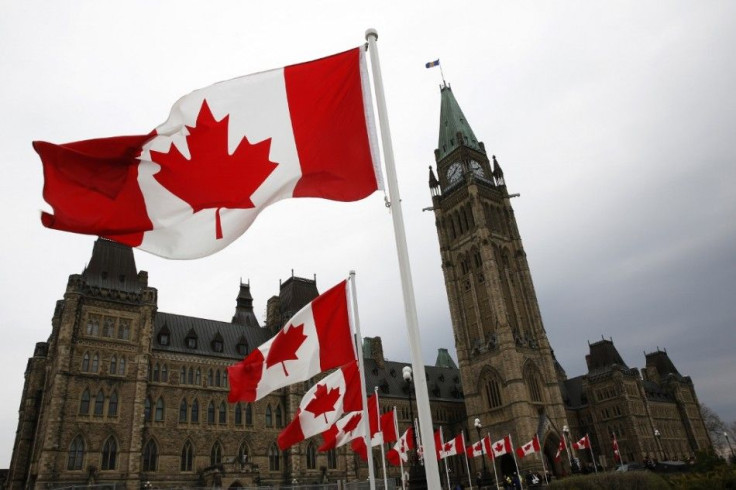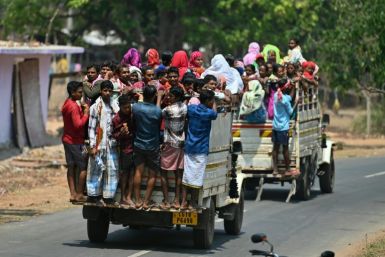Canada-Japan Wrangle Over BC Timber Exports In TPP Talks

As Trans-Pacific Partnership trade negotiations are heading to a finale, there is concern in Canada that its most protected industry, British Columbia timber is under increased pressure. Canada is also pushing for tariff reduction in other forestry markets, while Japan is targeting Canada for removal of export curbs on its precious BC logs as a matter of reciprocity.
According to reports, Japan is pressing Canada to eliminate or modify curbs it has imposed on B.C. log exports, which are driving up their cost for foreign buyers. The ‘forestry impasse’ with Japan has been mentioned in the official documents from Canada's Foreign Affairs department marked as secret and was accessed by the media. Besides Japan, Canada is also pressured by the United States, which is taking aim at its coveted supply management system that protects the country's dairy and poultry farmers.
However, Prime Minister Stephen Harper has vowed that Canada will go to any extent to protect its supply management system while pushing the TPP, though the PM considers it vital for the country's future economic health. The dilemma for the Conservative Government is that it has to face an election in October, and trade impasses will hurt them with so many implications. The PM had invested much of his political capital in various free trade talks by positioning himself as the most reliable votary of the Canadian economy.
Official Memo
Regarding the update on the forestry scenario, an official note mentions, “Canada is pursuing full tariff elimination for the forestry sector — as you know, tariffs in Malaysia are as high as 40 per cent, as high as 31 per cent in Vietnam and as high as 10 per cent in Japan.“ The April briefing note was prepared for a meeting of senior federal trade officials in Ottawa and provincial counterparts in B.C. Canada has been in talks with Malaysia and Vietnam on forestry tariff and are progressing well. But with Japan, despite being the largest Asian trading partner, the talks have not made the desired headway.
Japan Adamant
“Discussions with Japan are ongoing but have been difficult. Japan has very clearly linked the elimination of forestry tariffs to B.C. eliminating or significantly modifying log export controls," the memo said. It also added that “efforts to delink the two continue but are becoming increasingly difficult.” B.C. exports a small percentage of its logs to foreign markets, including Japan, after satisfying all provincial and federal requirements. According to a study by the Fraser Institute, the protection scheme has led to logs being sold for $74 per cubic metre in the Vancouver Log Market while the average price at the export market is around $108.
Protecting Log Exports
But the advocacy of the Fraser report is not reflecting in the government's own April memo, which is clear that serious negotiations are taking place between Japan and Canada on forestry issues. "There have been some suggestions from your officials that Canada settle for no tariff reductions from Japan on forestry products in order to protect our log export control regime," and adds, "this is not an acceptable outcome for Canada; it would put our competitors at a permanent advantage in the Japanese market for one of our primary exports."
The 12 countries in the TPP include Canada, Australia, Brunei, Chile, Japan, Malaysia, Mexico, New Zealand, Peru, Singapore, the U.S. and Vietnam representing 792 million people with a total GDP of $28.1 trillion.
Wild Fires
Meanwhile, British Columbia is battling burning forests and reinforcements are being requested even from Australia. As of July 8, 184 fires were burning across B.C and more than 1,000 personnel are busy and evacuation orders and alerts as well as air-quality advisories are flowing.
The BC Wildfire Service said the availability of resources is at a critical level, and any significant increase in fire load will be difficult to manage. Forests Minister Steve Thomson said 70 firefighters from Ontario are expected to arrive in B.C. and the province will be getting help from Australian crews, and firefighters from New Zealand will also come to Alberta.
(For feedback/comments, contact the writer at k.kumar@ibtimes.com.au)






